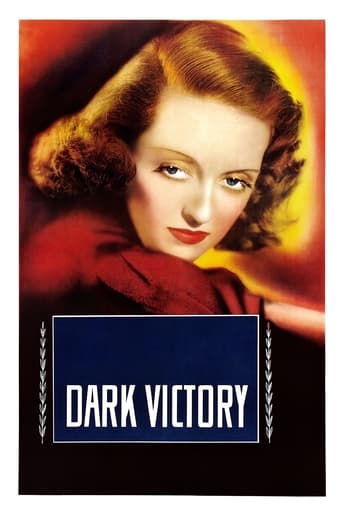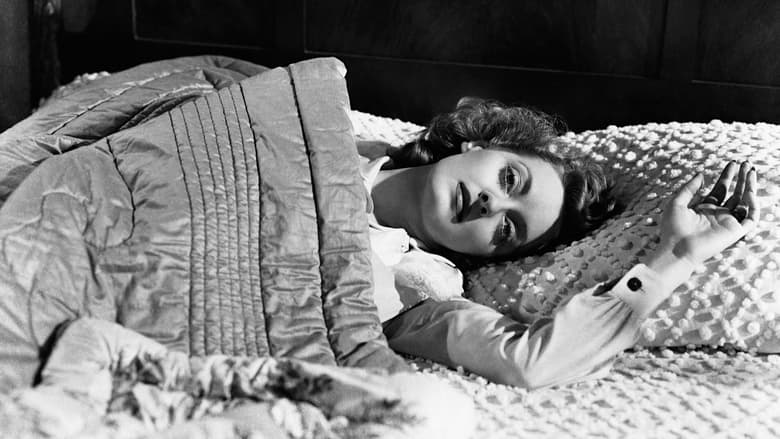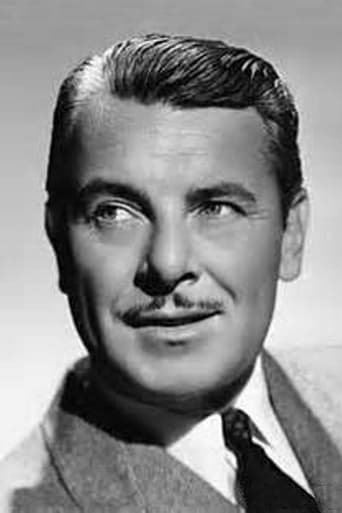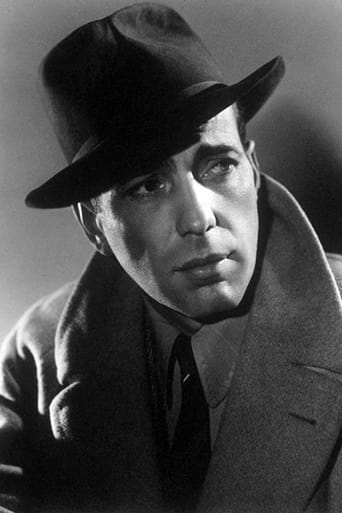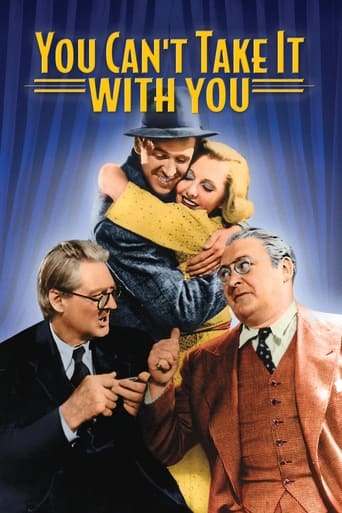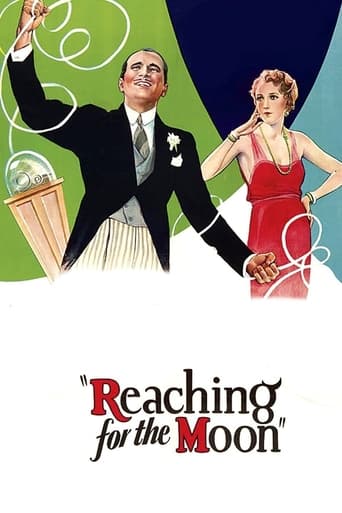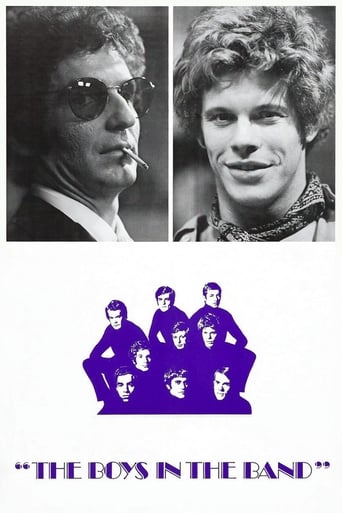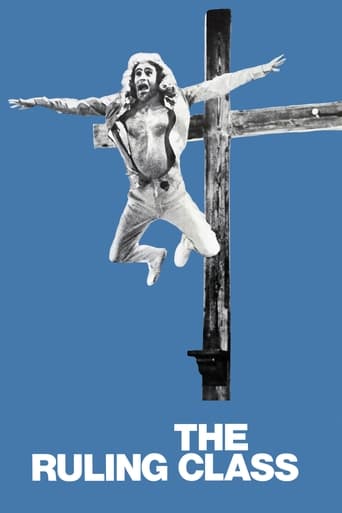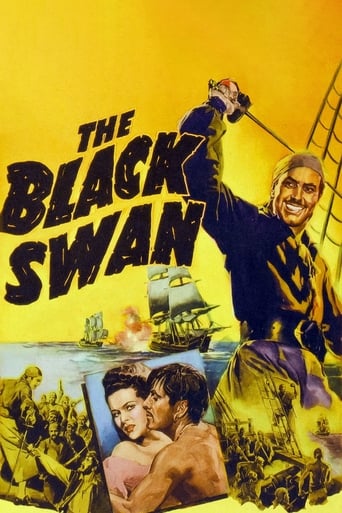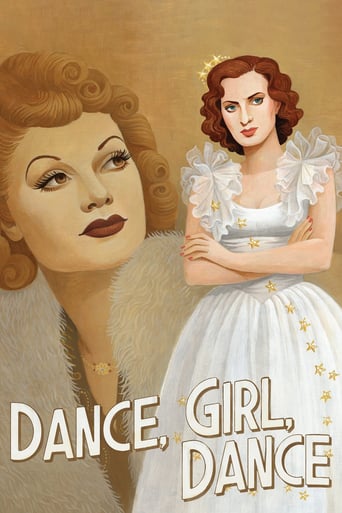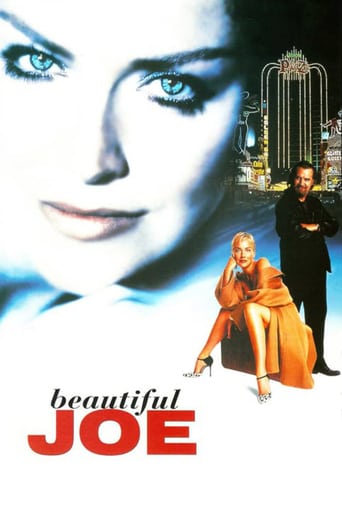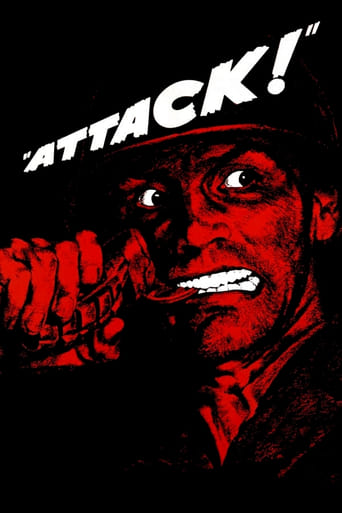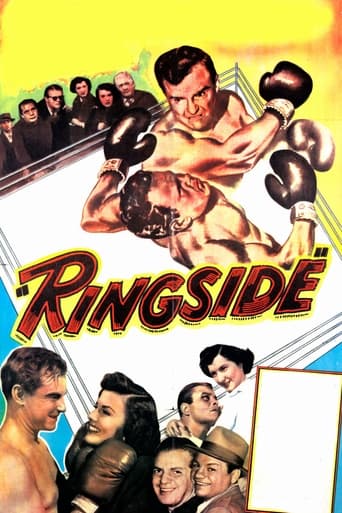Dark Victory (1939)
Socialite Judith Traherne lives a lavish but emotionally empty life. Riding horses is one of her few joys, and her stable master is secretly in love with her. Told she has a brain tumor by her doctor, Frederick Steele, Judith becomes distraught. After she decides to have surgery to remove the tumor, Judith realizes she is in love with Dr. Steele, but more troubling medical news may sabotage her new relationship, and her second chance at life.
Watch Trailer
Cast


Similar titles
Reviews
Touches You
Fantastic!
This is one of the few movies I've ever seen where the whole audience broke into spontaneous, loud applause a third of the way in.
There is, somehow, an interesting story here, as well as some good acting. There are also some good scenes
Judith, played by Bette Davis to the absolute hilt (and I mean that in the most positive way) begins to experience headaches and blurred vision. She is having trouble doing things because her balance is off. George Brent plays a doctor who loves her, and puts his career on hold in hopes of helping her. Brain surgery is performed, but as is often the case, not all of the cancerous tissue can be removed without killing her. She is doomed to blindness and death. He, however, feels that she should not be told, so she can continue life in a positive and optimistic way. Dishonesty is not in her vocabulary and when she finds out, she resents what he has done, greatly. Humphrey Bogart works her horses (she is very rich) and admits that he has loved her forever. Unfortunately, we are talking about two different classes of people. Shouldn't be, but is. The conclusion is quite sad, but she is given the gift of knowing her fate.
In terms of best male actor of all time, for me it's a tie between Spencer Tracy and Cary Grant. For best female actor, no question in my mind -- Bette Davis. And her talents are well displayed in this, which was said to be her favorite film.I want to start out by saying that if you already have the DVD, I don't recommend updating to the Blu Ray version. I'm not sure there's significant improvement.This film is another of the famous pairings of Bette Davis and George Brent. I actually think this is one of the better ones because there's more of a story to Brent's character here than sometimes occurred. He's a doctor with some expertise in brain problems, who is about to go off on medical research. He is persuaded to postpone his trip to look after Bette Davis' spoiled rich girl character, who is having symptoms of dizziness, headaches, and double vision. Early in the film it's almost impossible to have much sympathy for her character. But, we also know that some of her impertinent behavior is a result of her fear. My sympathy for the character began when she received the diagnosis -- I've been there, done that, although in my case both times it was good news...which was not expected. But the fear was immense while waiting for the prognosis.There are several supporting actors worth mentioning. Geraldine Fitzgerald is very good as the best friend. Humphrey Bogart has an odd role as a stable man with an Irish accent. The role is often criticized, but this was back when he was still a supporting actor; he was paying his dues to the studio here. Ronald Reagan has a nothing role as a slightly tipsy friend; I can't believe it helped his career. Henry Travers is good (as always) as the country doctor who persuades George Brent to take Davis' case.A major portion of the film is the love conquers all stuff...although, of course, in this case it doesn't. But it is a good example of how people can sometimes fool themselves about the future.The death scene in remarkably well done from an emotional standpoint. In my view, one of the great moments in film.The one part of the film that just doesn't work for me is Humphrey Bogart's main scene. To me it just doesn't work. Not because of the character's Irish accent, but just because it seems inane. I think the problem with the scene is that the groundwork of it is not laid, and then Bogart tries to seduce Davis, not knowing that she is dying. I think it's the one significant flaw in the film. Well, other than Ronald Reagan's empty performance.One of the bonuses on the Blu Ray edition is a short documentary sort of lamenting that this film, or Bette's performance did not win the Academy Award. However, the year was 1939, the year often considered the year that the finest films in Hollywood's history were made, including "Gone With The Wind". "Dark Victory" is a wonderful film and Bette Davis' performance is memorable. But neither the film nor the performance could complete with "GWTW" or "The Wizard Of Oz", or several others.Even despite the fact that Davis is my favorite actress, this film was very memorable to me. When I decided to upgrade to Blu Ray (a waste), I delayed ordering this film because I was expecting a bad diagnosis, It was only after the green light that I had the nerve to order the film. The death scene is that memorable.
Typical but classic 'weepie' (or 'women's film') from the late Thirties, a star vehicle for Bette Davis who was nominated for an Academy Award for her performance but didn't win (no matter, since she was Oscar-nominated a whopping eleven times in total and took home two such trophies during her career). Davis portrays a young wealthy woman who enjoys life in a frivolous manner, drinking, smoking and sporting too much, until she is diagnosed with a terminal illness that will kill her within a year. Instead of crying over it (which is left to the audience), she chooses to concentrate on the important things in life, finds love with the doctor examining her and keeps her dignity until the very (bitter) end, thus going out in a 'dark victory' in her acceptance of the inevitable as she embraces her death instead of needlessly living in fear for the unavoidable for the remainder of her days. The final scenes in which she says goodbye to her new husband as he leaves for a business trip while she, unknown to him, is in the final stages of her physical collapse – in order for him to remember her as she wants him to – is a serious tearjerking moment like only the Thirties could provide; hence the genre nickname 'weepies'. Despite the emphatically tragic occurrences and strong performances making it feel compelling, the general level of melodrama is overly high for many (male) audience members, which is a reason films like these were mainly marketed to the female spectators. Co-starring Humprey Bogart in a pre-Casablanca role, not as a bad guy in this case.
This box-office bonanza confirmed Bette Davis's status as the most critically and financially successful star of her day, who like her slight look-alike Meryl Streep, could do no wrong with two Oscars under her purse. Davis was almost assured a third Oscar for this (until a little film called "Gone With the Wind" came along late in the year with a ravishing British woman named Vivien Leigh swiping it away) but entered film immortality that year anyway with an additional three classics to her credit.As the lively socialite Judith Traherne, Davis is the most popular member of her social circle, alternately loved, loathed and lusted after for her striking independence. But fate has a tricky way of stepping in, and before she knows it, a visit to the doctor's after a fall from a horse leads to the revelation of her own immortality being threatened, something a spitfire like her is in fury of having to face with the deck of cards stacked against her.She is supported by the loyal George Brent as the brutally honest doctor who treats her and two uniquely different men-Humphrey Bogart as the lusty stableman secretly in love with her, and "Little Ronnie Reagan" (as Davis herself would call him when he entered a certain sector called politics) is her socially alike boyfriend but totally different in spirit. He gives a performance so sexless that you can't believe for a minute that she'd have an eye on him. It is the Heathcliff like Bogart who is much more her match, filled with fire to match her own sexuality, if not equal to her socially. Their scene when he reveals his feelings to her is an attempted seduction that under different circumstances would rock the stables he works in. More intuned to her both romantically and socially is Brent, giving one of his best performances. Also noteworthy is Geraldine Fitzgerald as Davis's loyal secretary and confidante who stands by her through thick and thin.The real treat is seeing Davis grow from devil may care socialite to a lovely but ultimately doomed young lady. Yes, there are tons of clichés, but Davis helps the film rise above each and every one of them. In the end, what this film is about is rising above one's own mortality and facing death with dignity, which she does beautifully.

